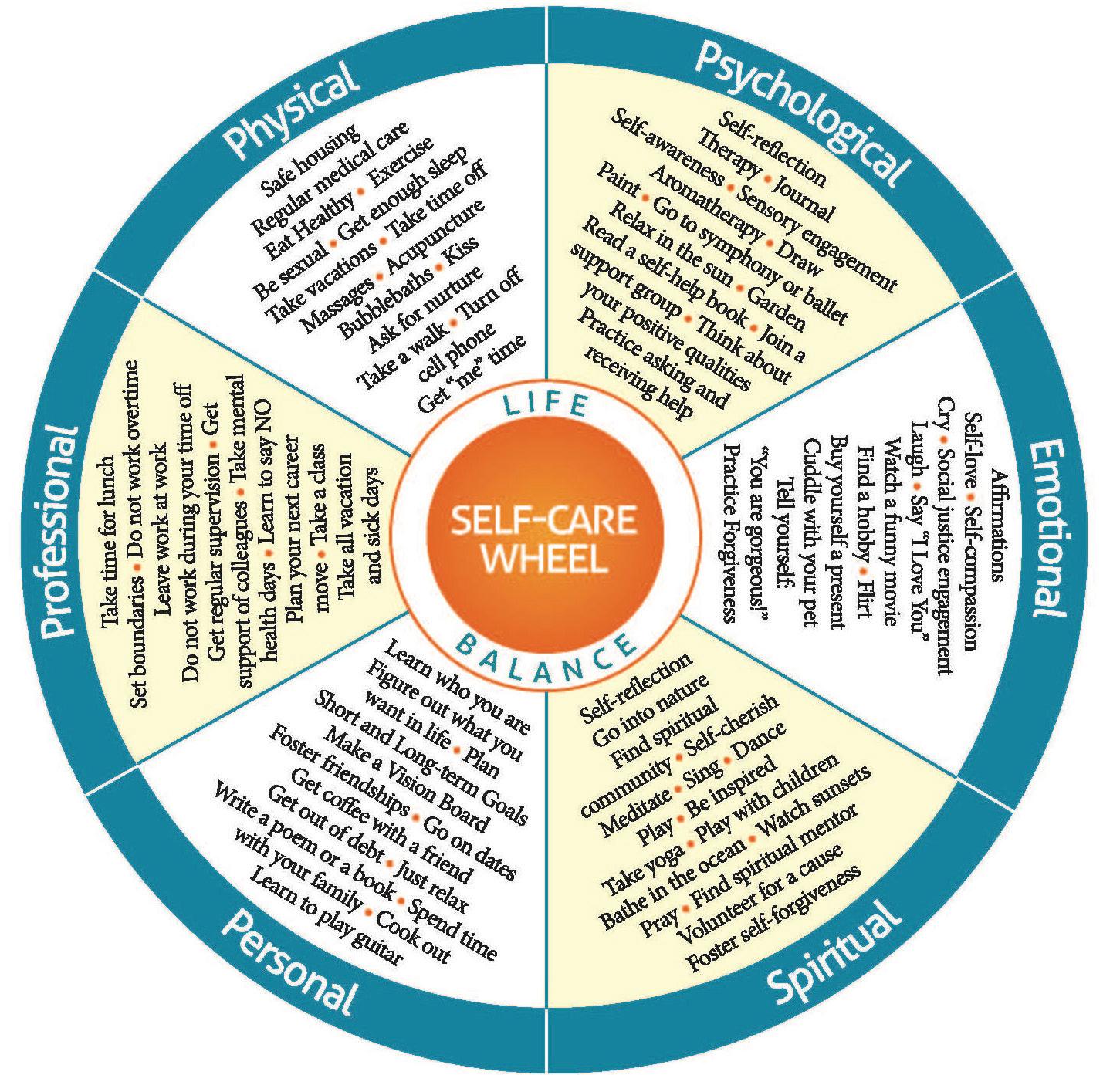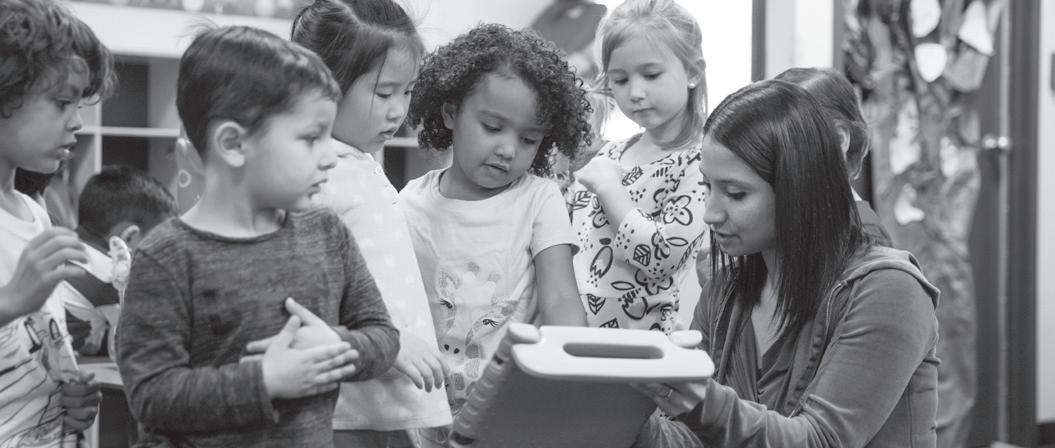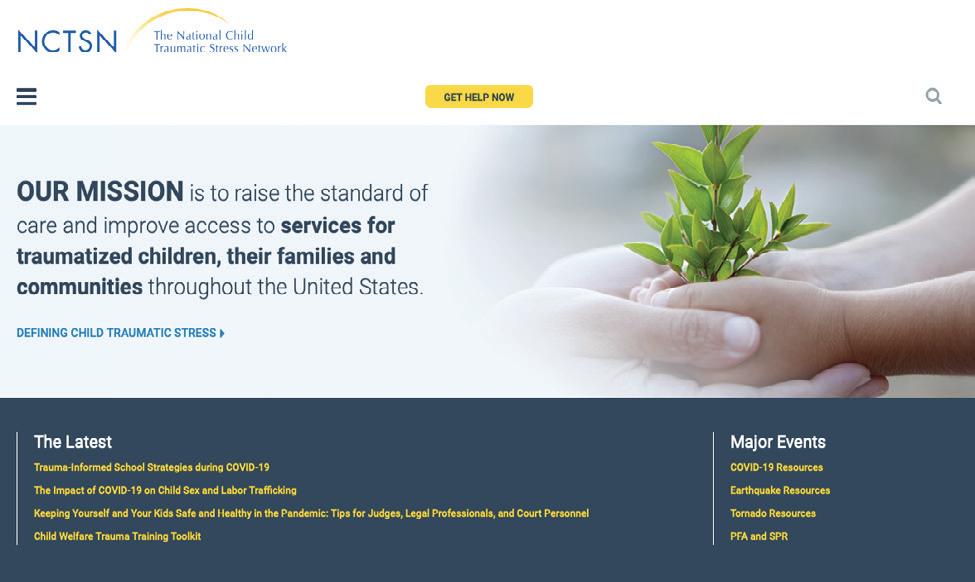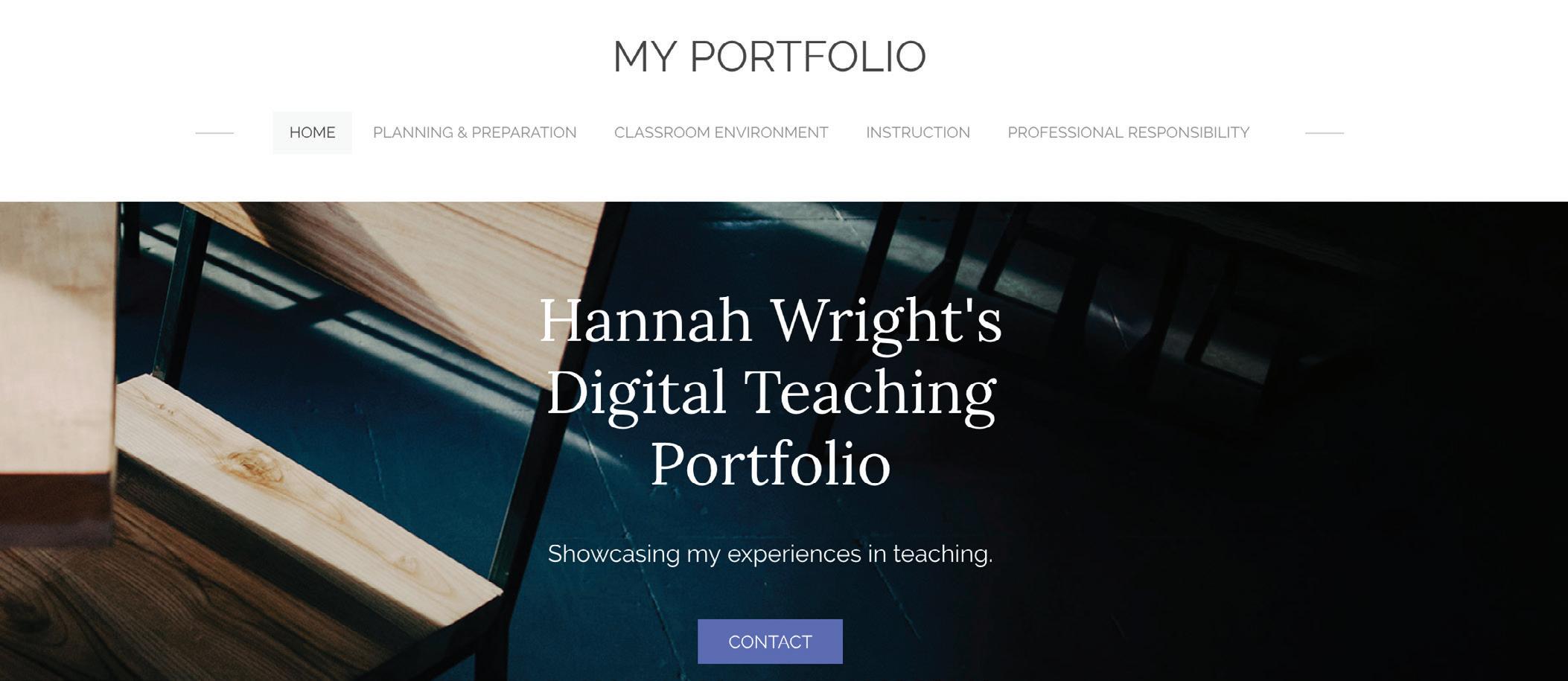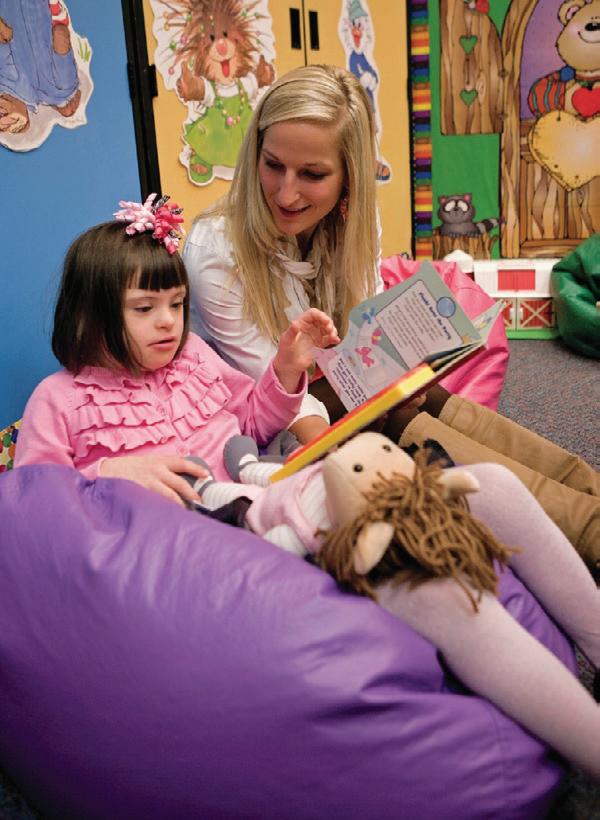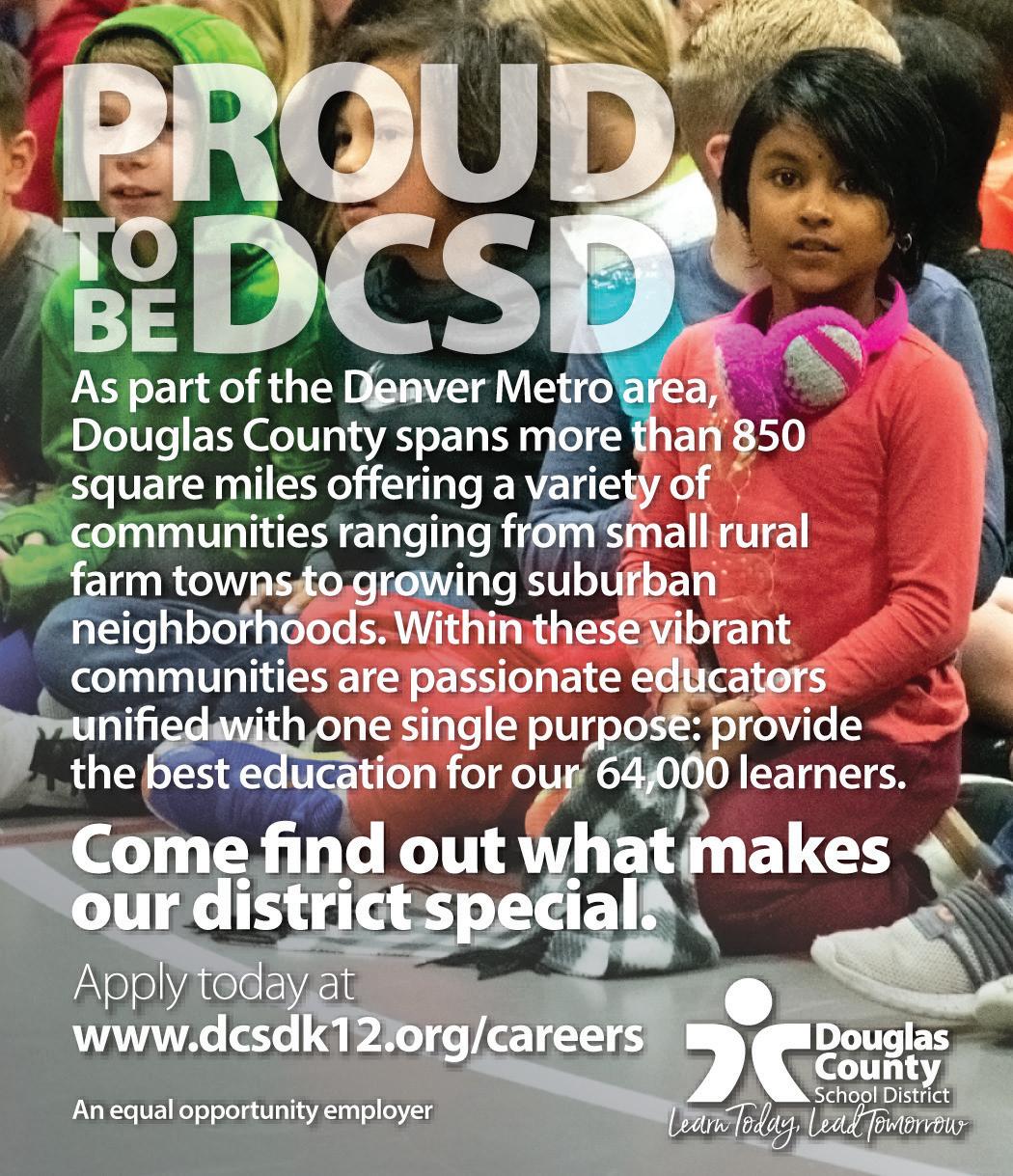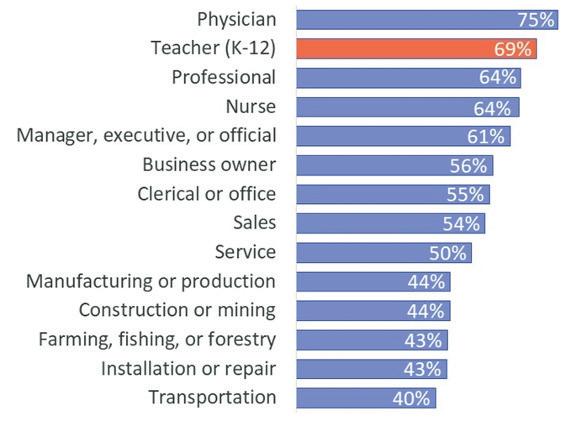Jack Kronser Human Resources Director, Douglas County School District, Colorado
M
any aspects of our lives have been profoundly impacted by the pandemic. For those of us in education, change was forced upon us without warning. Paramount in that change process is the critical role of technology. Technology has been moving into education for decades. Those who embraced it enthusiastically and early adapted to the new demands of eLearning and hybrid learning easily. Those who have been paying lip service to technology got exposed and were underprepared. Many of us understand the value of social media but often from an entertainment perspective, a value-added. All of a sudden, being an effective educator meant being able to navigate the requirements of technology.
ü
After any job fair, a follow-up email from you will confirm your continued interest in the school district. It will also provide the recruiter with the best email address to reach you. I recommend using your personal address as opposed to a school address that will eventually go away.
ü
Remember to be Memorable!
5. The Job Interview - A great deal has been written about the job interview. If it is to be virtual, there a few reminders: ü
So, what have we learned in this last year and how do we leverage this new learning when it comes to the job search process?
Confirm what platform will be used for the interview. Prepare to work within that platform, Practice with friends, learning how to use the presentation functions if needed.
ü
1. Take stock of your practicum and student teaching experience. Many of you experienced different degrees and combinations of interaction from totally virtual, to hybrid, to in-person learning. Use that experience and be able to articulate your unique preparedness to lead a changing classroom setting.
Make sure that lighting, background, ambient noise and any other factors will not detract from your interview. Turn off your phone, be aware of the time and have a pad and pencil handy. Use earbuds to eliminate possible feedback.
ü
Be punctual.
ü
Remember to be Memorable!
2. Your last semesters of academic preparation at your college or university may also have been virtual or hybrid. Use that experience as a student to better prepare lessons that will be more student-friendly than those you may have experienced. Prepare to be able to speak about that experience in an interview.
Preparing for Your Future
Job Search Process 2.0
In this time of great change, we need teachers who are adaptable. The Job Search Process 1.0 has existed for decades. Those who can adapt to the Job Search Process 2.0 will find the most success. I am virtually sure of that!
3. We’ve all had to adapt to virtual meetings like Zoom or Google Meets. We’ve been participants but how many are prepared to lead those meetings? An understanding of running those meetings and sharing presentations will be critical. 4. Job fairs have changed. The permanence of those changes remains to be seen. For the present, many job fairs will be virtual. They’ve always been about impressing, from the standpoint of school districts and from candidates. That reality has not changed, the following is offered to help you prepare: ü
Understand the platform used by the job fair. Know how to navigate within that platform. Many will allow you to sign-up in advance and upload your resume. That will allow recruiters to know a little about you, saving valuable interview time for more in-depth conversations.
ü
Have a “Plan B” in the event that a glitch occurs and somehow you are not able to connect through the platform on the day of the job fair. Your resume provides a phone number that can be a fall-back to a virtual interview. If I have contact information for a candidate, I will generally send my phone number and email address in the case of “Plan B”.
ü
Job fair interview slots are inflexible, so promptness and sticking to time parameters are critical. Having a clock handy will keep you on time.
13 American Association for Employment in Education




